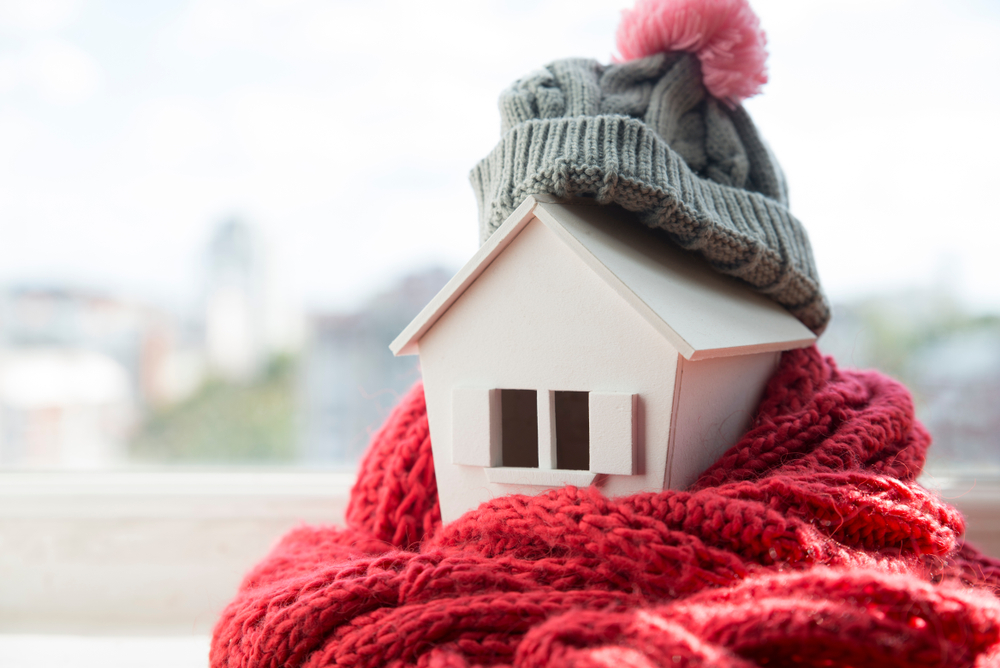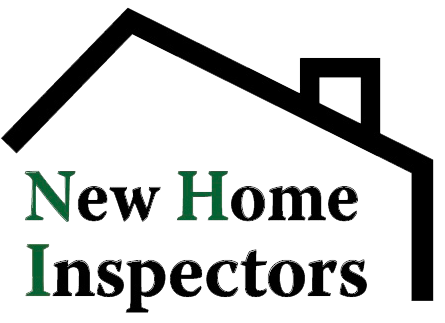
Winter is coming. And that means cold weather, snow, and ice. For many people on Long Island, it also means dealing with the cold drafty home. If you’re not prepared, your home can be a miserable place to be during the winter months.
That’s why today we’re going to talk about how to prepare your home for winter. While summer comes with its own challenges, winter brings harsh weather and destructive elements. We’ll discuss 4 tips from a home inspector that will help keep you warm and comfortable all winter long!
So let’s get started…
Tip #1: Inspect Your Home’s Exterior
The first step in preparing your home for winter is to inspect the exterior. This includes checking your home’s foundation, walls, windows, doors, and roof.
Look for cracks or gaps in these areas. If you find any, seal them up with caulk or weatherstripping to help prevent cold air from coming into your home. Drafts decrease comfort and increase your bills.
Also, check to make sure that your gutters are clean and free of debris. Clogged gutters can cause water to back up and freeze, which can damage your home’s exterior and foundation.
Tip #2: Check Your Heating System
Now is the time to have your heating system serviced by a professional. This will help ensure that it’s running efficiently and safely. An annual service can also help extend the life of your system.
If you have a fireplace, now is the time to have it cleaned and inspected. This will help prevent chimney fires, which are a leading cause of home fires during the winter months.
In addition, we recommend checking the height of your chimneys and flues. Ventilation issues have the potential for many problems in the winter months.
Tip #3: Attend to Exposed Pipes
Plumbing is a major home system that gets inspected. It runs through the entire house and can have severe consequences if not maintained.
One of the most common winter home problems is frozen pipes. Frozen water expands, which can burst your pipes. Even if the pipes just crack a bit, you will be left with low water pressure, water damage, and mold growth.
To prevent this from happening, insulate your pipes with foam insulation or pipe sleeves. You can find these at most hardware stores.
Additionally, keep your home’s thermostat at a consistent temperature, even when you’re away. This will help prevent the water in your pipes from freezing.
Tip #4: Protect the Roof
Damaged or missing shingles allow rain and snow into the roofing system. This causes wood rot and mold growth. Eventually, you can end up with massive roof leaks and water damage.
Furthermore, make sure to clean your gutters and downspouts before the first snowfall. Clogged gutters can cause water to back up and freeze, which can damage your roof and gutters.
Advice from a Home Inspector
Home inspectors like John are trained to look for potential problems in homes of all shapes and sizes. They know the exact pain points of a home to prepare for winter.
New Home Inspectors have seen it all. From old to new homes, he knows the type of wear and tear a home experiences. Simple drafty windows can become even bigger problems with the harsh elements of a Long Island winter.
Additionally, he knows the ins and outs on how major home systems work. This allows him to provide valuable insights on how to prepare them for the winter ahead.
Conclusion
If you follow these tips, you’ll be well on your way to having a winter-proof home. But if you have any doubts, or need help with anything, don’t hesitate to call us! John will be able to help you identify any potential problems and give you peace of mind knowing that your home is ready for winter.

